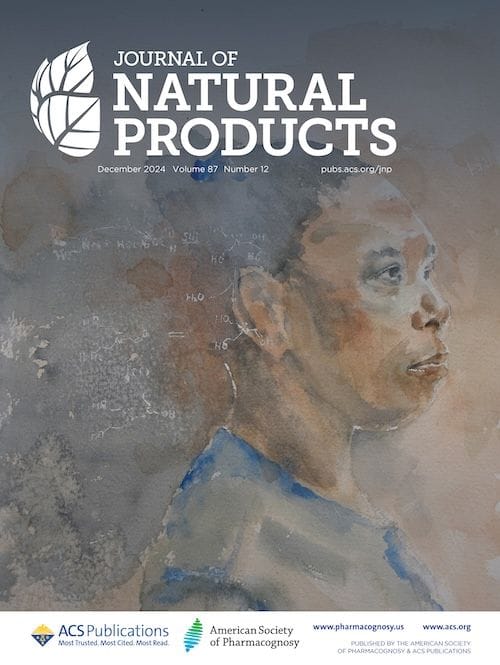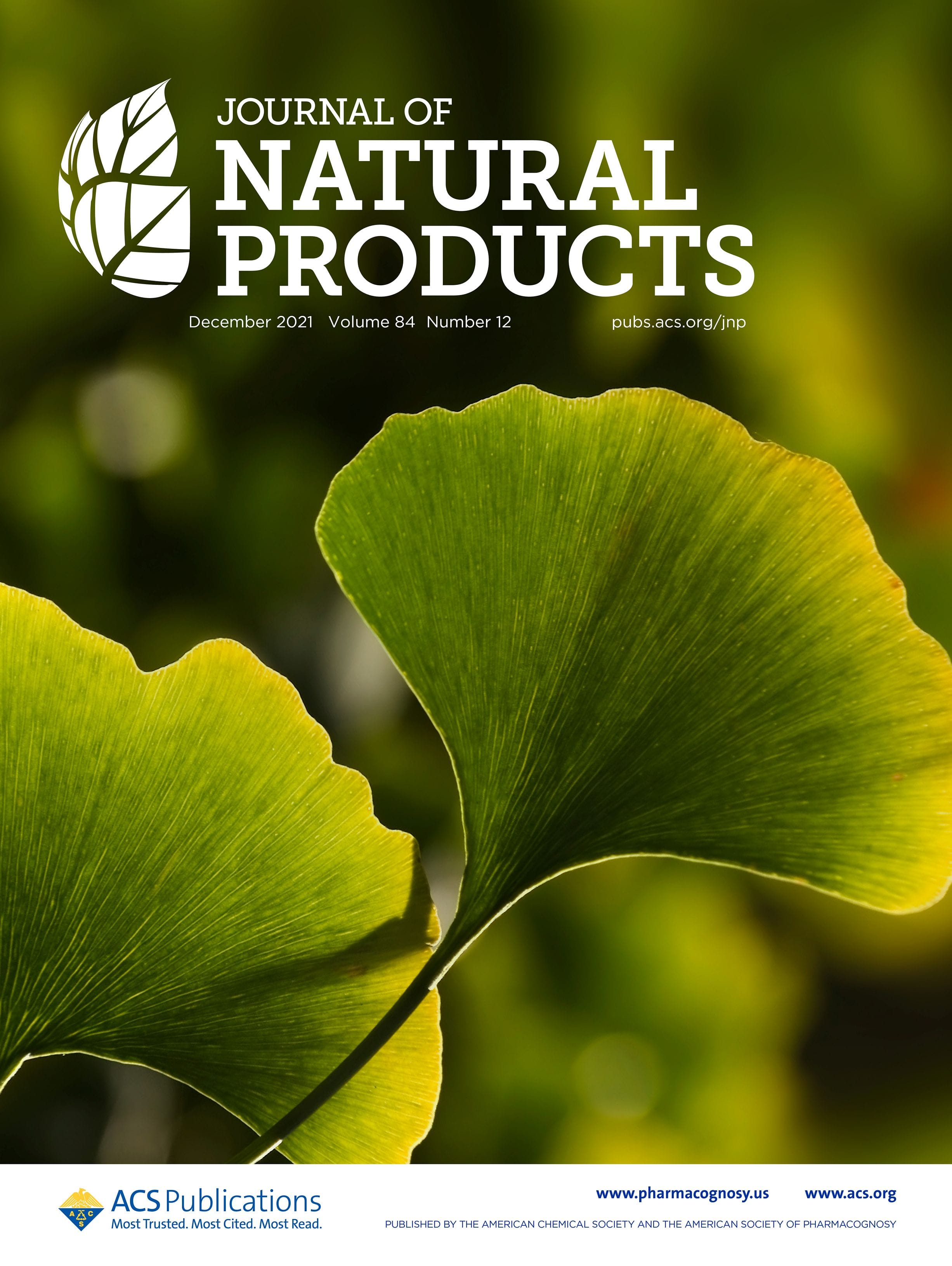In this interview, Professor Moore outlines his vision for the journal, his own current research interests, and what experience he brings to the role.

Professor Bradley S. Moore, of the University of California, San Diego, USA, has been appointed as Editor-in-Chief of the Journal of Natural Products, which is published in partnership with the American Society of Pharmacognosy (ASP). He assumed the new role in January 2025, taking over from Philip J. Proteau, of Oregon State University, who served as Editor-in-Chief from 2020-2024.
The Journal of Natural Products is a monthly, peer-reviewed journal which reports on the chemistry and biochemistry of naturally occurring compounds or the biology of the living systems from which these natural products are obtained.
Read our interview with Prof. Moore as he discusses his history with the journal and his goals for the journal’s future, as well as his own research interests and history as an editor.
What does it mean to you to be the Editor-in-Chief of the Journal of Natural Products?
Serving as the new Editor-in-Chief of the Journal of Natural Products since the start of 2025 is an honor and a responsibility that I do not take lightly. I’ve been working in the field of natural products chemistry and biology ever since I discovered the first natural cyclophanes from cyanobacteria over 35 years ago as an undergraduate student at the University of Hawaii. In many ways I grew up reading the Journal of Natural Products as the go-to journal in the field, and I’ve enjoyed reading it ever since. I wish to thank Phil Proteau for leading the Journal of Natural Products over the past decade, and I look forward to building upon his leadership in expanding the reach of the journal to keep up with the exciting changes in the field of natural products in this post genomic era.
What are your goals for the Journal of Natural Products over the coming years?
My primary goal with the Journal of Natural Products is to elevate its stature as a premier journal for the natural products community to share their innovative work to better understand and apply nature’s evolved chemistry across life. I want to engage all scientific communities that engage in natural products science—including discovery, synthesis, biosynthesis, synthetic biology, biocatalysis, pharmacology, ecology, big data—and for the Journal of Natural Products to become the melting pot of our dynamic field. I would like the journal to capture not only innovative primary research but also to elevate its review and perspective articles to engage research areas historically less familiar with the journal.
To achieve these goals, we plan to expand and revise our associate editor and editorial advisory board with top academic leaders to reflect the many disciplines of natural products. As a researcher, author and reviewer myself, I am also committed to a rigorous and speedy review of all articles. On that note, we have already made significant changes to shorten our review process to deliver decisions more quickly to our authors.
What new areas of research are you looking forward to seeing published in the Journal of Natural Products?
The Journal of Natural Products has historically focused on articles describing the isolation, discovery and biological activity of novel natural product molecules from microbes, plants and animals. While we plan to encourage the continued submission of those types of manuscripts, I am looking forward to seeing more articles that capture the new growth areas of natural products science. With advances in genomics and big data in recent years, the ability to mine genomes of any organism for their biosynthetic capacity has transformed our field to not just deepen our understanding of nature’s chemistry but also in our translation of that knowledge to benefit health and society. I am thus eager to see more papers in the areas of biotechnology, molecular ecology and human health where natural product molecules, genes and enzymes are center stage.
Why should researchers submit their next manuscript to the Journal of Natural Products?
We need a vibrant Journal of Natural Products to help us build community within the field of natural products. It is run and administered by active and leading researchers in the natural product community, who like you, are passionate about the beauty and promise of nature’s molecules. I thank you for entrusting us at the Journal of Natural Products as a venue to publish your hard work.
What excites you about your current research?
I am presently most excited about the natural product chemistry of complex eukaryotic life which in the past few years has become more accessible through advanced genomics technology. After helping establish many of the rules and methods for mining bacterial genomes for natural product discovery and biosynthesis, my research team and I are now focused on developing genome mining and bioproduction strategies across life with the goal of developing biosustainable methods to produce complex natural product compounds. We concurrently work with diverse microeukaryotic protists, macroalgae, plants, invertebrates, and their microbiomes which keeps things exciting in the lab as each organism presents its own unique set of challenges. We are motivated that our work continues to discover new molecules and enzymes that have been translated into drugs, materials and tools for the benefit of society.
How has your past experience as an Editor shaped your approach to being Editor-in-Chief of the Journal of Natural Products?
I have been an editor for nearly 20 years, first as a commissioning editor and chair of the editorial board of Natural Products Reports and later as an associate editor for Organic Letters where I handled most of the natural product and biochemical articles. I have enjoyed engaging with scientists and journal staff from across the globe and in helping shape new publication directions by reaching out to emerging scientists as well as established investigators from diverse backgrounds. I am committed to strengthening the journal’s role in a fair and transparent review process. Furthermore, I truly value the time and effort of our exceptional community of reviewers in helping us maintain and promote scientific excellence.
How do you spend your “free” time?
I enjoy being in and around the ocean. It is my happy place and where I can fully relax, recharge, and let my mind wander while at the same time being immersed in nature with family and friends. I particularly enjoy long distance ocean swimming, paddling and catching waves.

